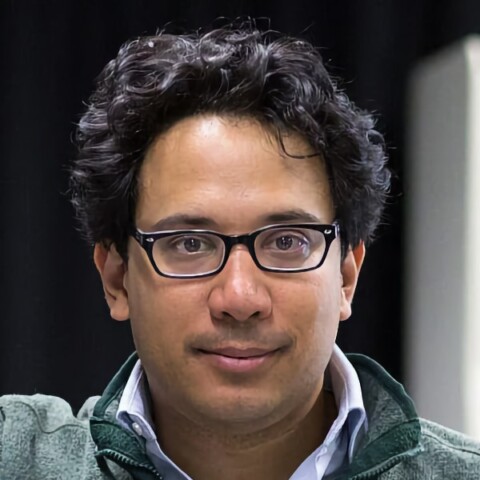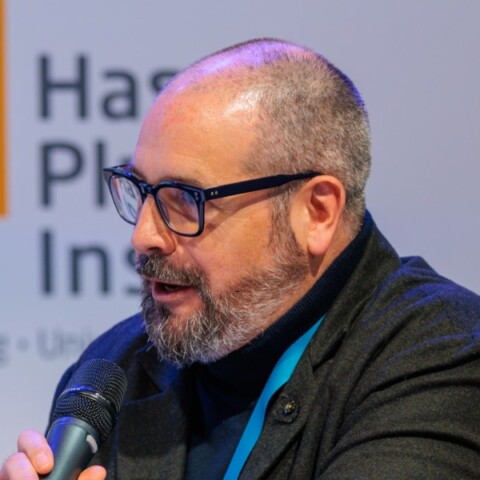The potential for AI to revolutionize healthcare in Europe is immense, but it is currently hampered by outdated institutions, fragmented data, and regulatory inertia, as you’ll hear in this DLD Future Hub panel discussion. Moderated by Aldo Faisal (Imperial College London), the session brings together Ariel Dora Stern (Hasso Plattner Institute), Rainer Birkenbach (Brainlab), and Nick Schneider (German Federal Ministry of Health).
“The problem we have in healthcare is that we have inherited from the last century all of our institutions”, Ariel Dora Stern says. These institutions may be well-intentioned, she argues, but they have failed to keep up with “the really amazing things that we would like to have in our clinics and in our societies, to shape everything from surgical procedures to public health decision making.”
Nick Schneider, a key architect of the European Health Data Space (EHDS), emphasizes the critical need for a legal environment that not only protects individual rights but also nurtures data use for innovation. “I think it’s crucial for us to think from the patient perspective when it comes to how we regulate innovation in healthcare”, he says.
The EHDS aims to facilitate data use data use for purposes like AI training, product development, and quality assurance, he explains. This is “not about selling data, monetizing data”, Schneider emphasizes. “It’s about providing anonymized, student-anonymized data in secure processing environments for specific purposes.”
Rainer Birkenbach provides a concrete example of AI’s transformative power. The Brainlab CEO describes how AI-driven software can create a “personalized digital twin” for neurosurgery patients, allowing for precise pre-operative planning in minutes, a process that previously took manual effort or was often skipped.
Watch the video for more insights into AI’s potential to improve healthcare in Europe.






